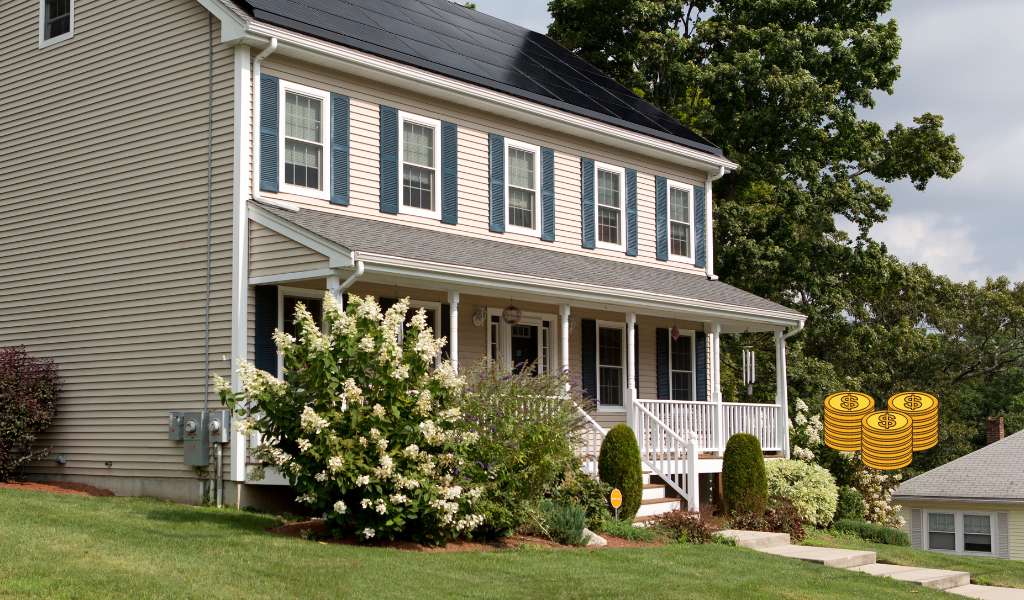Choosing how much rent you can afford each month is one of the most important financial decisions. While you may have a dream apartment in mind, creating a realistic rent budget is necessary before you start looking for homes for rent. If your rent payment is too high, it can be challenging to pay for essentials, and you may end up struggling or in debt. Here are some tips for creating a rent budget you can sustain.
Determine Your Income
The first step in creating a rent budget is determining your total monthly income after taxes before you start looking for Houston homes for rent. It will be straightforward if you receive a salary with the same payment each month. However, if your income varies, calculate your average monthly earnings over the past 6-12 months. Be realistic about your income, and don’t include potential bonuses, commissions, or pay raises that aren’t guaranteed. It’s better to overestimate your expenses and underestimate your income.
Calculate Your Fixed Expenses
In addition to rent, you likely have several fixed monthly expenses, including:
● Utilities – If utilities like water, gas, and electricity aren’t included in your rent, budget at least $200-500 per month for a one-bedroom, depending on the type of utilities.
● Transportation – Car payments, insurance, gas, public transit fees, etc. The average vehicle operating costs are $500-1000 per month.
● Loan Payments – Include monthly payments for any existing loans, credit cards, or other debts you have.
● Subscriptions/Memberships – Things like streaming services, gym memberships, mobile phones, etc., typically cost $50-500 monthly.
● Pet Care – Pet food, medical care, insurance, grooming, daycare, or walker fees, $50-500 monthly.
● Debt Payments – Include payments for credit card debt, personal loans, student loans, etc. The minimum payment amounts are required in your budget.
● Emergency Fund – It’s a good idea to allocate at least $200-500 per month for an emergency fund in case of job loss, medical emergencies, or other unforeseen circumstances.
Determine Variable Expenses
In addition to fixed costs, budget at least $500-1000 per month for variable essentials like:
● Groceries – A person typically spends $200-500 on monthly groceries. Increase as needed for additional household members.
● Toiletries/Household Goods – Things like laundry detergent, toilet paper, dish soap, diapers, etc., usually $100-300 per month.
● Entertainment/Restaurants – While not essential, most people spend $50-200 monthly on movies, hobbies, restaurants, etc.
● Clothing/Personal – Include at least $30-200 monthly for minimal clothing, haircuts, co-pays, or other personal needs.
● Deposits – When moving into a new rental, budget at least 2-3 times the monthly rent for upfront deposits like first/last month’s rent and security.
Set Your Rent Budget And Save
Once you determine your total monthly income and subtract your fixed and variable costs, the remaining amount is what you can reasonably afford to put towards rent while still being able to meet your essential living expenses without going into debt. However, aim for the lower end of that range at first. If finances change, it’s better to rent something more affordable than be forced into a lower rent later. And if there is a possibility of reduced income in the future due to life changes, factor that risk into your budget as well.
Remember that rental costs are often the most significant chunk of your budget, so being conservative is key. Even if it means waiting to get into your dream place, make sure your total rent payment leaves enough for what matters – living comfortably! Once you find a rental in your price range, keep working on setting aside extra each month for building your savings. With careful budgeting, you will gain financial flexibility over time.

















